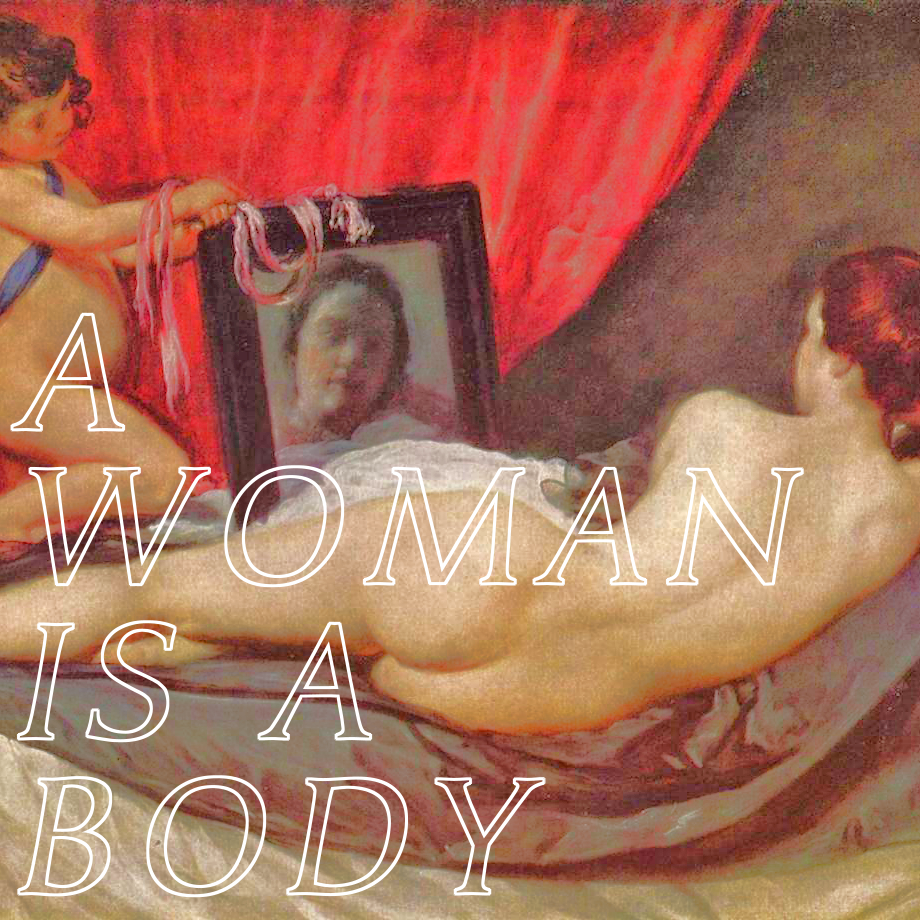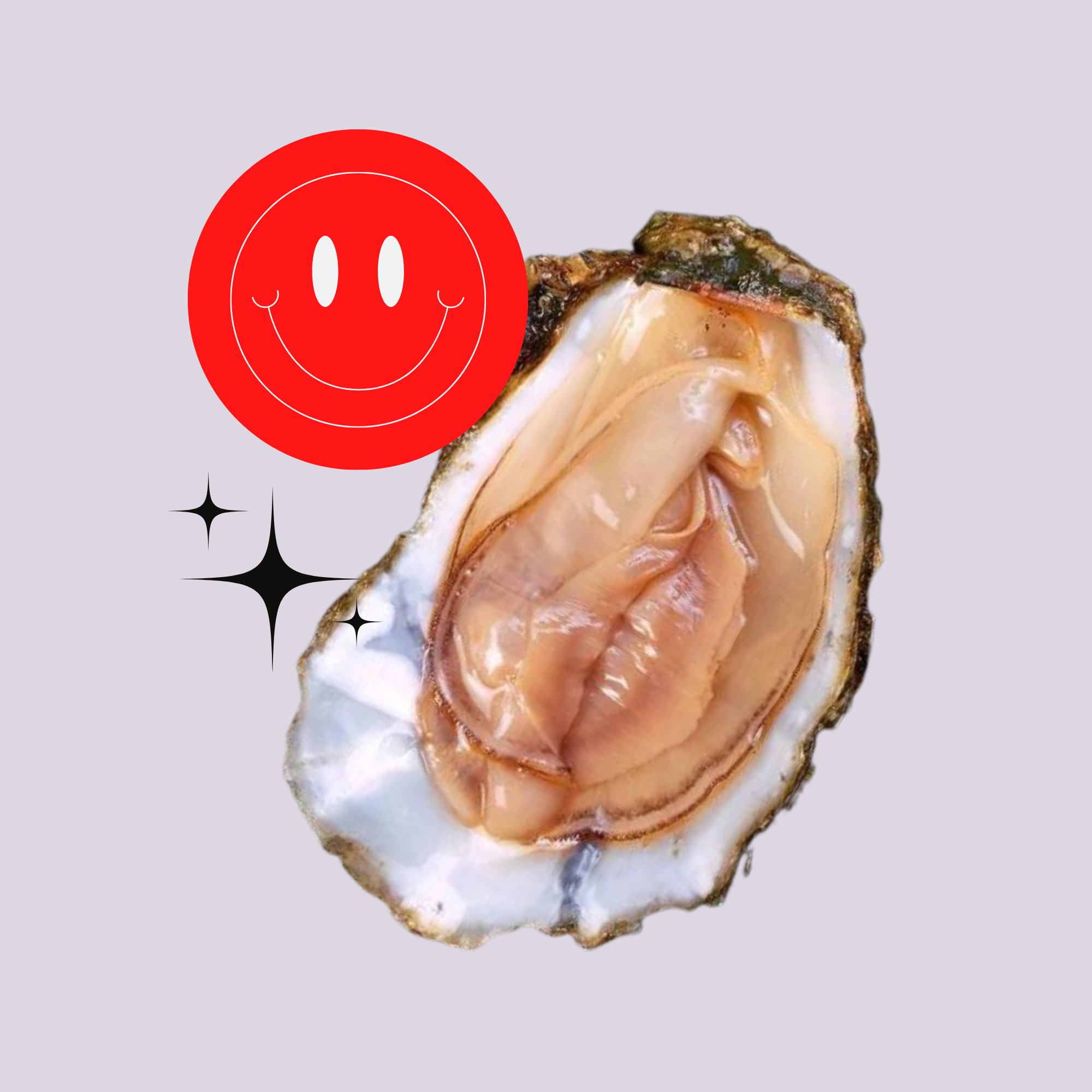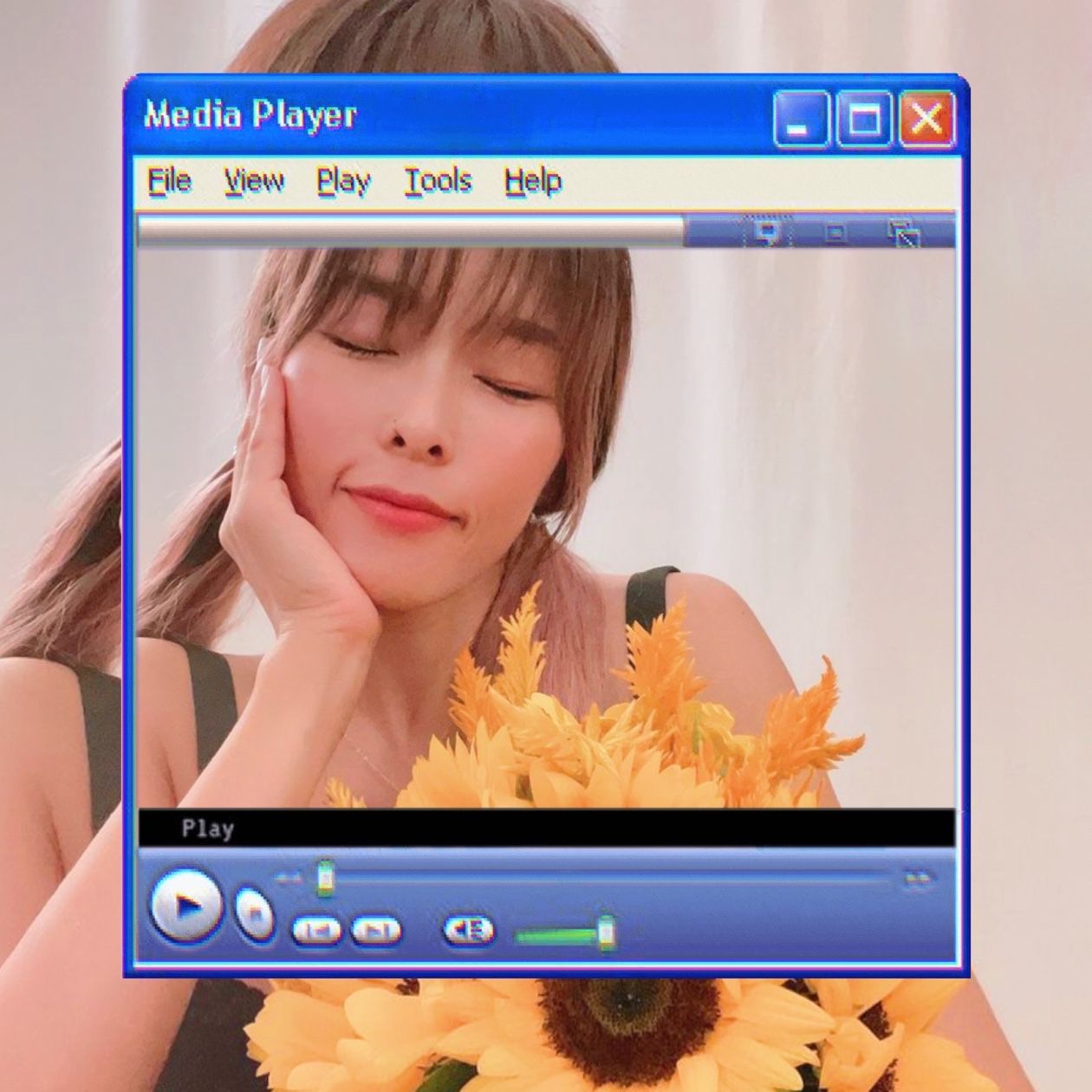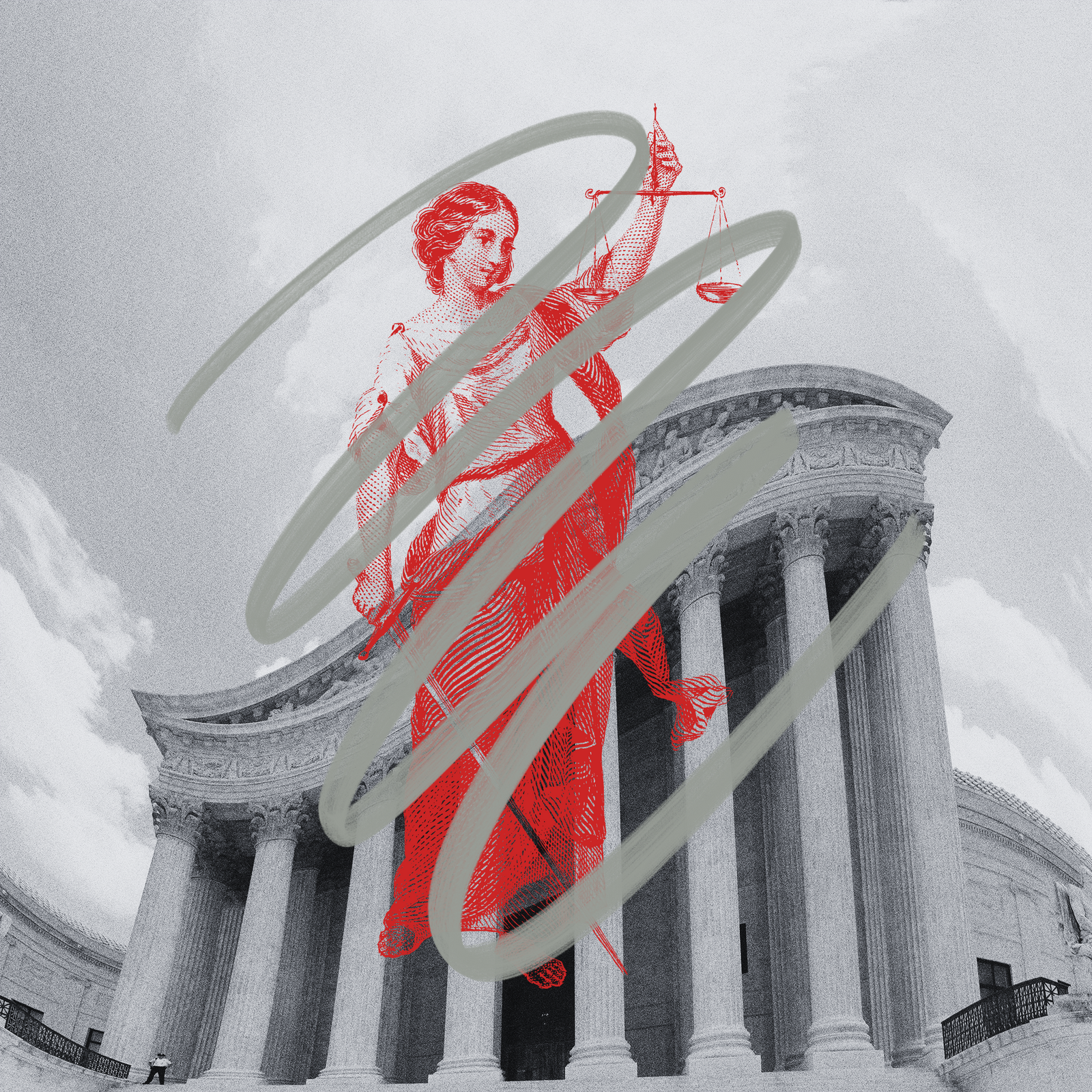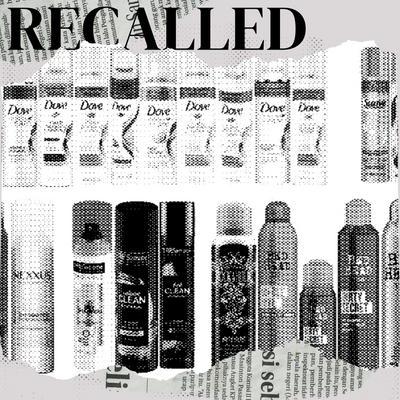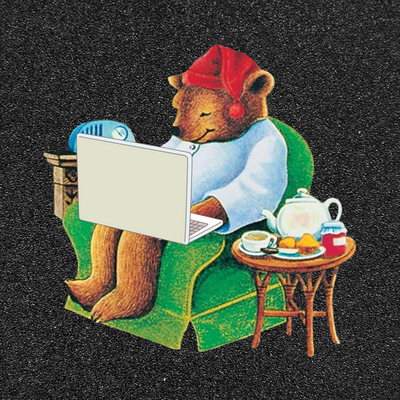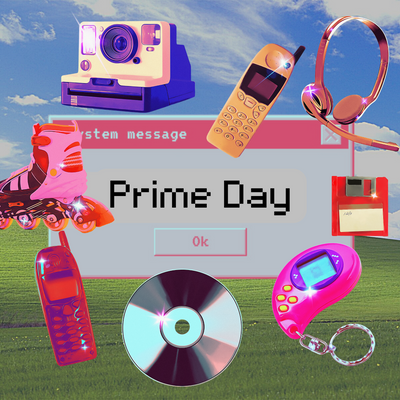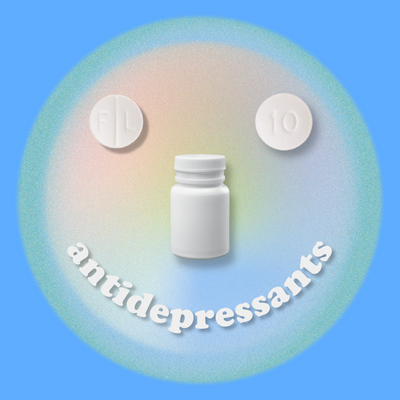Note: In this essay, I do not discuss the numerous reasons why abortion should be legal. I’m not capable of saying anything on that matter any better than the people who’ve already spoken and written about it.
Additionally, although it has become a politicized issue, we believe that reproductive rights are human rights. We also acknowledge that the loss of said reproductive rights disproportionately affects certain communities, including low-income communities, people of color, LGBTQ+ people, and people with disabilities.
“Women are born with pain built in.”
This is a line from Fleabag, which is perhaps the greatest show of all time created by one of the greatest writers of all time. (This is my opinion, and it is final.) They’re words I find myself thinking about often, as I do with a lot of things Phoebe Waller-Bridge has written — i.e., ‘I love you.’ ‘It’ll pass.’ and ‘With all the love I have for her. I don’t know where to put it now.’
The line continues. “It’s our physical destiny — period pains, sore boobs, childbirth,” she says. “We carry it within ourselves throughout our lives. Men don’t. They have to seek it out.”
When I first watched the show, I had to pause at this very moment and take ten minutes to reconsider everything I thought about life. It hit me that hard. What she doesn’t mention in this scene, though, is that we’re also born into a world that inflicts pain onto us. The pain is everywhere. Yes, it’s inherent, but it’s also learned. It’s forced. It’s in the small things — men telling me to smile more, boys speaking over me in group projects — and bigger ones. The Supreme Court’s decision on June 24 was, as it happens, a bigger one.
At eight years old, you don’t have a word for misogyny. It’s there, though. Ever present, evergreen. Growing up in Texas meant that in practically every interaction of mine, there flowed some undercurrent of sexism. There are jokes about kitchens and sandwiches and comments like, “well, they’re just too emotional to be President.” You don’t understand why, but there’s a part of you that knows that the boys are the favorites. They aren’t told to cover their shoulders or to sit politely. Their hobbies aren’t teased, their interests aren’t laughed about. Their tastes in music aren’t mocked.
Constance Grady wrote for Vox, “To be a teenage girl is to simultaneously be pop culture’s ultimate punching bag, cash cow, and gatekeeper.”
We’re made to feel inferior in frequent but subtle ways. We were silly for liking boy bands, called basic when we wore PacSun, and written off as emotional when we got angry. We’re hysterical, ‘cheugy,’ bitches. It’s a constant cycle of ridicule.
Despite it all, I never felt sad to be a girl. There were (and still are) plenty of perks to girlhood, like being able to cut gym because I “forgot” to wear shorts under my uniform skirt (I absolutely never forgot my shorts, I lied to get out of pushups), or sitting out when a teacher needed “a couple strong boys to carry some chairs” during study hall (though I always offered to help just to make a point).
Learning about Roe v. Wade for the first time in high school AP US History was a lifeline of sorts. It was a small, but concrete reminder of another world, outside of my own. I knew of only five liberal students in my graduating class of 100, but there, in my 3-ring binder, I could point to the proof that somewhere else, people agreed. If legally I mattered, then whatever little slights I had to deal with didn’t really mean anything. Constitutionally, I mattered. The government literally said so.
The proof of personhood I’d once clung to is now gone. Today, I feel like less of a person than I did back then. As much as I personally disagree, today, in the eyes of the US government, I matter less than my male counterparts.
It’s about abortion, but it’s also much more than abortion. It’s about the lives of the people it will affect. It’s about uterus owners, and it’s about women. It’s about girls, children. It’s a loss of autonomy, agency. It’s about what comes next for more people. What more will be taken, what more will be lost.
More than anything — for me, at least — it is about taking away personhood. It is looking at half of the population of this country and telling them that their ability to choose their own destiny is null and void. It is evidence of something I — and all women — have felt at some point or another. That being woman makes you less than, makes your opinions, thoughts, and interests less valuable.
(And this isn’t new or exclusive to women. This has been the reality for the vast majority of Americans for as long as the country’s existed. The luxury of deciding one’s fate has societally been reserved for a select group of people — i.e., white, straight, cis men — since the signing of the Declaration of Independence. All men are created equal, but not women, or people of color, or immigrants, or trans-people or non-binary folx, or indigenous people, etc., etc., etc.)
During Brett Kavanaugh’s Senate confirmation hearings, Kamala Harris asked him this: “Can you think of any laws that give the government the power to make decisions about the male body?”
He had no response.
Maybe that’s the heart of this for me. Men (the straight, white, cis ones) will never experience the weight of womanhood. There’s no world in which they’ll understand completely what it feels like.
I’m angry. I’m sad. I’m confused. I have more thoughts than I have words to talk about them. So, I’ll leave with this: Change takes time, patience, and commitment, but it can — and will — happen.
Abortion Resources:
- Learn about your state’s abortion laws: Center for Reproductive Rights
- If you need an abortion: Abortion Funds
- Find your nearest abortion clinic: Abortion Finder
- Abortion pill providers: Plan C
- Indian Pharmacy sending abortion pills to all 50 states: AidAccess
- Contact your State Representatives: Action Button
- Donate: Abortion Funds
- Donate: Sister Song
- 11 Local Organizations in Texas for Abortion Resources
- Read: The Racist History of Abortion and Midwifery Bans
- Text ACCESS to 22422 to sign the Planned Parenthood Bans Off Our Bodies Pledge
- And finally, this TikTok from the Dad from Atypical
READ MORE LIKE THIS
